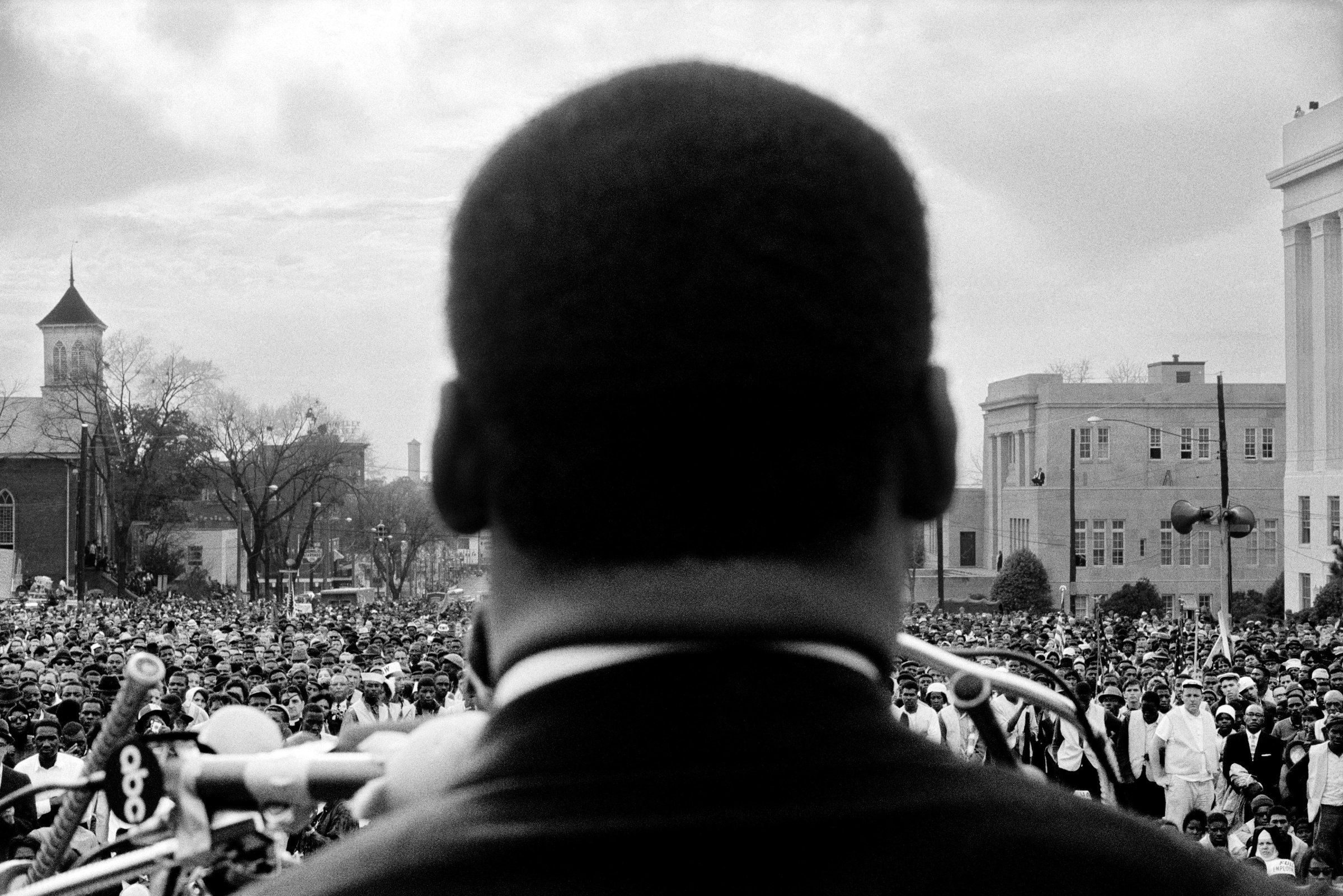
It’s either a sad irony or a fitting tribute that the end of Black History Month dribbles right into March Madness. No sooner do we finish celebrating significant African-American contributions to American culture than we get to see some of our finest young black competitors perform amazing feats of athleticism. Seems like even more cause for celebration. Except that a 2012 University of Pennsylvania study concluded that 64% of basketball players in the six top teams in American college conferences are black, though only 3% of the entire student bodies are black.
Are colleges exploiting young, black athletes when they’re good for their sports franchises, and ignoring their educational needs otherwise? It certainly looks that way, by the numbers. But who’s manning the watch for African Americans? When it comes to education, when it comes to employment opportunities, when it comes to systemic civil rights violations by police departments like those uncovered this week by the Department of Justice report on Ferguson, Mo., who is willing to take on this intense and often contentious responsibility?
This weekend our nation will commemorate the 50th anniversary of the Selma to Montgomery voting rights march known as “Bloody Sunday.” Dr. Martin Luther King Jr. is on our minds, and for many people so is one burning question: Where is today’s Dr. King? I’d argue it’s the wrong question. In the act of canonizing Dr. King, we’re forgotten that no movement is ever advanced by one voice alone. This country wasn’t founded by a single person, but a group of visionaries who didn’t always share the same vision. Dr. King’s voice was lifted by many others — Malcolm X, Bobby Seale, Angela Davis — who may have marched to a different drummer but marched in the same direction.
Bringing about change requires, as Liam Neeson might say, “a very particular set of skills.” Leaders have to notice subtle shifts in the political landscape that threaten the rights and standing of blacks in society. They have to analyze complex information and question even more complex motivations. They have to be socially responsible in not attributing every societal stumble to racism. They have to have a clear and articulate voice in explaining when injustice occurs, and they must have the courage to tell the world — even when the world doesn’t want to hear it. Finally, they must be able to offer practical solutions to specific problems and have the drive and charisma to inspire people to participate in those solutions.
Who are the leaders in the African-American community willing to bring all aspects of injustice to the public’s attention, especially when the public doesn’t want to hear it? The black community has many brave and dedicated leaders, so no simple list will do them all justice. Some leaders operate on a very local level. Even though they help many in need, they will not be recognized as a national leader. The best I can do is mention those who have become a public face and voice for many African-Americans. At the same time, it’s important to understand that the 43 million members of the black community are not a single voice. Like every other ethnic group, they have a broad spectrum of political, religious, and social beliefs. However, they do have a nearly unanimous voice when it comes to believing that there are institutional injustices aimed at them as a group.
A 2013 poll commissioned by BET founder Robert L. Johnson asked a sample of the black community whom they considered to be their leaders. President Obama was the clear winner here with 91% approval. The question of leadership was trickier when asking who spoke for them most often. Surprisingly, when given a list of seven of the most prominent black leaders and asked, “Which of the following speaks for you most often?,” 40% said “none of the above.” Some may find this discouraging because it indicates a lack of unity, but I find it an encouraging sign that the African-American community is not quick to let others speak for them in a one-spokesperson-fits-all manner. Instead of blindly following a political figurehead, they look at each issue, weigh what individuals are saying, then choose sides.
In that Robert L. Johnson poll, the Reverend Al Sharpton received the most votes of any individual, with 24% saying he spoke for them most often. He was followed by the Reverend Jesse Jackson (11%), Congresswoman Maxine Waters (9%), NAACP president Benjamin Jealous (8%), Congressman James E. Clyburn (5%), and former Chairman of the Republican National Committee Michael Steele (2%).
Clearly, the men and women in the BET poll are all significant leaders in the black community. They have continually raised their voices, even when others would shout them down. They have sacrificed, endured, and persevered. But there are a few more whom I’d like to mention — some obvious, some not. This is a kind of All-Star roster of Old School warriors and up-and-coming rookies. In no particular order, here are some additional leaders who have, as the Bible says, “fought the good fight” and “kept the faith.”
This list is incomplete. It will always be incomplete, because new voices arise daily. As you’re reading this, please imagine me at home berating myself for the names I inadvertently left off the list and know that I am feverishly scribbling down additional names. At the same time, there’s something inspiring about knowing there are so many dedicated, selfless, and brave leaders that I can’t fit them all into a single article.
More Must-Reads from TIME
- Cybersecurity Experts Are Sounding the Alarm on DOGE
- Meet the 2025 Women of the Year
- The Harsh Truth About Disability Inclusion
- Why Do More Young Adults Have Cancer?
- Colman Domingo Leads With Radical Love
- How to Get Better at Doing Things Alone
- Michelle Zauner Stares Down the Darkness
Contact us at letters@time.com